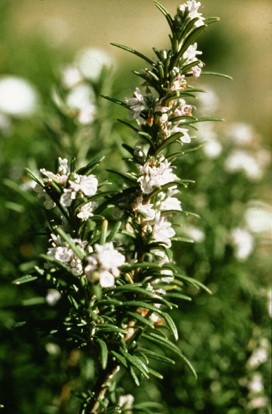
It is difficult to imagine how the loss of taste and smell can effect one. Some complain of losing their appetite and any interest in cooking. A loss of senses can be frustrating because they affect a persons ability to to enjoy food, drink and aromas. Of course this debility can also affect a persons ability to notice potentially harmful chemicals and gases.
Smell and taste are closely linked with both sensations being communicated to the brain which combines the two lots of information to correctly recognize and appreciate flavours. Some complex flavours actually require both taste and smell to be recognised.
A loss of the sense of smell (anosmia) is the more common loss and is usually first noticed when someone complains of their food being tasteless. The sense of smell can be affected by changes in the nose, in the nerves leading from the nose to the brain or in the brain itself. Colds and flu can reduce and diminish the sense of smell for days or even weeks, radiation therapy or serious infections of the sinuses can also be responsible . Head tauma is usually the cause of a permanent loss of smell.
The loss of the sense of taste (ageusia) is usually caused by conditions that effect the tongue such as dry mouth, smoking, radiation treatment, certain drugs or even depression.
The herbal mix for this condition includes Euphorbia, Mugwort, Hypericum, Horse Radish and Fenugreek along with the Bach Flowers Wild Oat, Clematis and Walnut. These herbs and Bach Flowers together will strengthen and support the mucus membranes and olfactory nerves as well as rebalancing the sensitivity.

